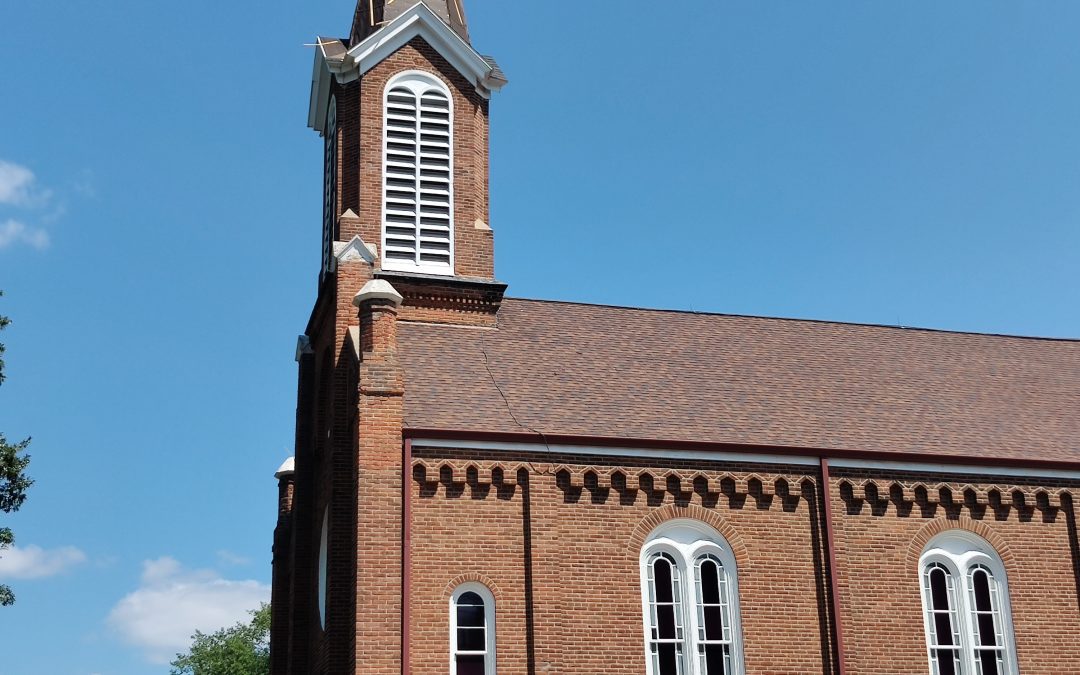Embark on the inspiring journey of Pastor Ken Hutchens. From a family distant from the church to a leader bridging denominational gaps, discover the tapestry of faith and unity he’s woven.
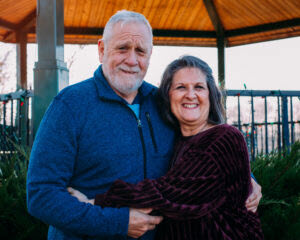
We’re Bruce and Karen Carlson. We recently moved to the Metro East area of Illinois. It’s a whole new world out there. Our goal with this website is to share our exploration of the Metro East area. As we find businesses and services we use in our daily lives, we’ll share how these businesses and services have helped make our lives better and easier to live.
We’re calling our move to the Metro East area retirement, but we’re not quite sure what that means. By sharing our story with you, we hope you too will gain a better sense of what the Metro East area has to offer and how their businesses and services can improve your lives and build a better community.
An interview with Pastor Ken
Let’s take a fascinating journey into the life and experiences of Pastor Ken Hutchens. His story is like a tapestry of faith and community, woven with the threads of history and resilience. Pastor Ken’s journey from a family distanced from the church to finding his calling at a tender age is a testament to the power of faith and personal transformation.
His dedication to his role as a pastor is nothing short of awe-inspiring. He loves what he does, from sermon preparation to managing a bustling church community. His willingness to embrace change and guide his congregation through the challenges of modernity is commendable.
And then there’s his mission work in Hungary, bringing the message of hope and transformation across borders. It’s heartwarming to see how he connects with young minds and offers them a sense of belonging and purpose, even in a rapidly changing world.
I must say, this article presents a vivid picture of a man who wears many hats: pastor, teacher, traveler, and dancer. His love for ballroom dancing, combined with his history-loving heart, paints a charismatic image of a well-rounded individual.
But perhaps what stands out most is Pastor Ken’s commitment to fostering a sense of community and cooperation. He’s bridging denominational gaps and reaching out to various faith groups, embodying the essence of unity and understanding. It’s a story that reminds us of the importance of coming together, no matter our differences, to serve a common purpose.
Let’s dive in
As you dive into this article, you’ll discover more about Pastor Ken’s life, challenges, and the impact he’s making in the world. It’s a captivating journey of faith, community, and the continuous quest for connection and meaning. Enjoy the read! 😄So without further ado here’s what Pastor Ken has to say.
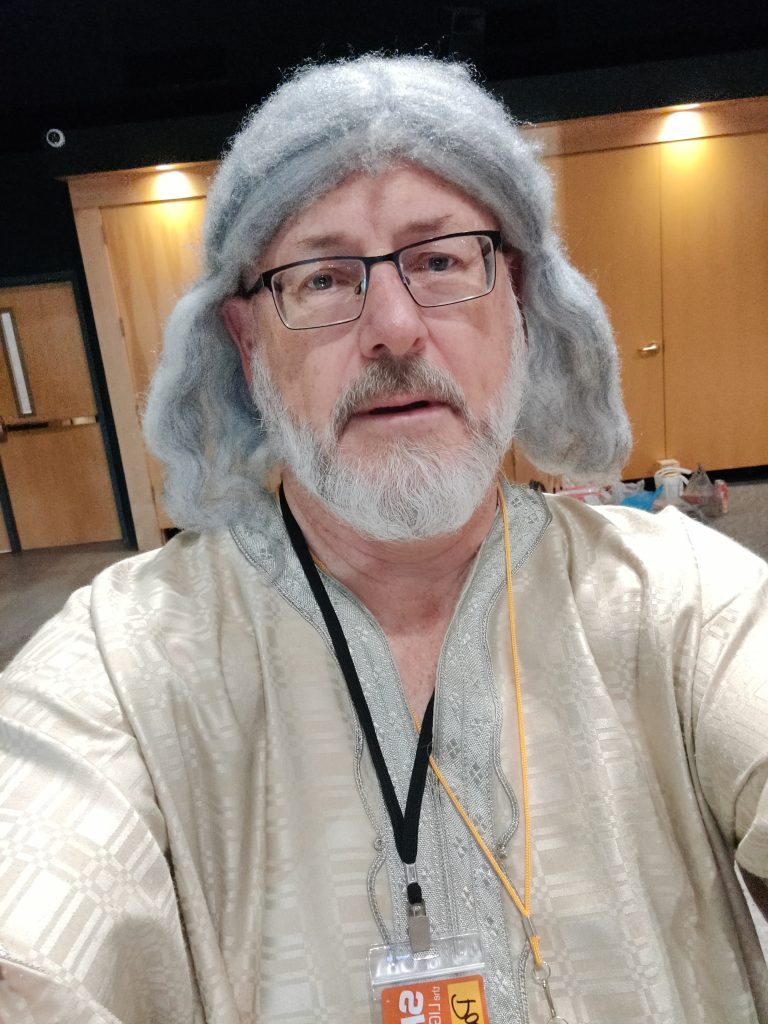
Bruce:
What were you doing before? Give us a little bit of history of who you are, what you’ve done, where you’ve been.
Pastor Ken:
I’m one of those folks who seem to be pretty rare because I went straight from school to the pastorate. I grew up in a family that wasn’t really connected to the church. I mean, they would’ve said they believed in God, but they never really went to church, maybe Easter services and that was pretty much it. But I had a grandma who was very strong in her faith, and we moved in to care for her as she was dying of cancer.
She died when I was ten, and that really created a crisis in me about why people die, why we’re alive in the first place, and whether there’s a God. This whole aspect. That summer, I was invited to a church camp, where I really learned the gospel for the first time and made a commitment at the age of ten.
I wasn’t sure how my parents would take it, but they were very supportive and came up for me to be baptized in the swimming pool. Then, when I was a freshman in high school, I first experienced the call to ministry.
His call to ministry
We had a traveling musician at our church who asked me, “What do you want to do?” And I said, “I’m going to be a pastor.” This surprised not only me but also the people around me at that point. Then I realized that is truly where I’m heading and what I want to do. I wanted to make a difference in people’s lives and wanted it to last.
It felt like the whole spiritual aspect goes beyond just being a doctor where you get them well, but they still eventually die. Other than a period of trying to push away from God, I went to Oklahoma University for two years, trying to do my own thing. However, I realized I wouldn’t be happy ignoring my call.
So, I transferred to Oklahoma Baptist University, earned a degree in history, and graduated in ’84. Then, I went to the Southern Baptist Seminary in Louisville, Kentucky, and started serving as a youth minister.
The first church I pastored was in 1988 and then did well in school, and had professors say I should teach. And I like biblical studies. So I did a doctorate at Emory University in Atlanta and was working on my dissertation, very unsuccessful in applying for teaching jobs. And my wife, who was also finishing up her doctorate, got a job at Northern Illinois University. And that’s what brought us to Illinois in 1994.
Pastoral duties
I have been doing pastoral duties basically since 1984 when I took a youth minister job. So right at what’s that going on 40 years now, and pastor, with just a couple of exceptions, fairly small exceptions during school and such, since 88, I went through a divorce and was limited. I got custody of my kids, but I was limited to Illinois.
So that’s how I ended up joining the Methodist Church because being Southern Baptist, limited to Illinois, and divorced was not a really good combination. I looked for places for about nine months and then ended up coming into the Methodist Church in 2001.
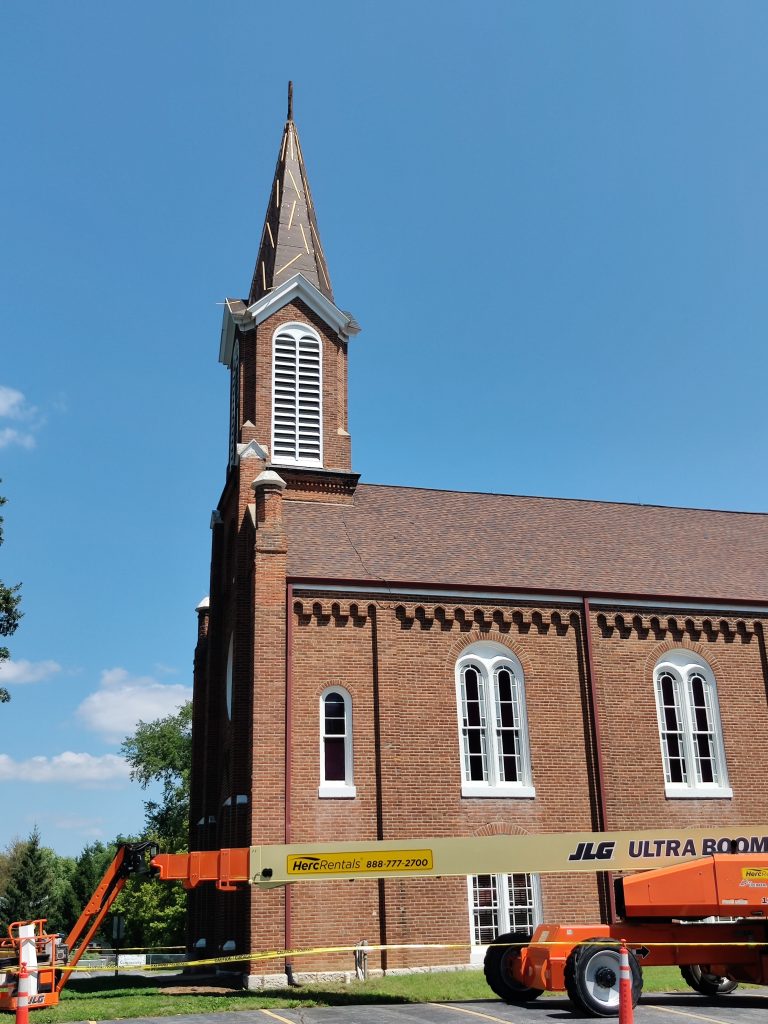
Bruce:
Great, that’s very interesting. What are your day-to-day activities then? Where do you go? What do you do?
Pastor Ken:
Great question. When my daughter was 16, even though she’d always been involved in the life of the church, she didn’t really know what I did. So, Sundays are a big day for me as I do a lot of preparation for the sermon. It’s the day when we see the vast majority of our church people. We plan worship and any kind of extra activities.
I do my own kind of sermon planning and I like to do series, where I focus on a biblical book or a theme. This gives me a chance to really dig in and do the background studies, and then put the sermons together, which is my favorite part. I’m a teacher and my gifts strongly lie in teaching and study, although I’m also an extrovert.
And so, I enjoy the delivery as well as the preparation. I have a lot of committee meetings in this church. I made that transition about 15 years ago from the church where I was the only full-time employee, with a part-time secretary, to having several staff members, which is a very big transition.
Big transition
I basically went from kind of focusing directly on all the people to being like a small business, and we have enough people that some of them primarily relate to the youth minister or the worship pastor or the visitation pastor or whatever, instead of to me. So, managing staff takes a lot of time.
I have staff meetings, individual meetings, planning, and dealing with committees that handle the church’s finances, building-related matters, and personnel issues. I also do hospital visitation and home visitation. I engage in a variety of activities and I also participate in our conference and higher levels. I’m on the mission committee, and I plan an annual mission trip to Hungary that requires a certain amount of planning, you know.
We have to do budget things, pick personnel for the next year, and handle our leadership responsibilities. Additionally, I teach both second-career pastors and undergraduates at McKendree. I’m a person who gets bored easily, so I love my job because if I start getting burned out on something,
I can usually switch to something else for a little while. Ultimately, my job revolves around facilitating relationships with God, the people of the church, and those who are interested in the church or with whom I connect outside of it. I also deal with staff and interact with people on a daily basis.
Bruce:
The next question is what’s your elevator speech? But I’m going to change the question just a little bit for you. What’s your elevator speech for proclaiming the Gospel?
Pastor Ken:
Yeah, well, another thing I say that I do besides the relationship is offer hope. Because I think we’re in a world where people are hungry for hope. They’re hungry for community, they’re hungry for something they can really build their life upon that’s real. Not just the spin, the ad, the slick, whatever.
The whys
It’s out there. And typically when I talk about that question, it’s in relation to my own relationship with God that I feel like I’ve found an answer to these questions of why we’re here, why people die, what’s the focus. And I think faith gives a purpose to life, a direction. It gives an opportunity to make a difference in the lives of other people.
It provides hope when we want to give up. My experience of God has been very direct in some ways, but also through the church, which I think adds that community dimension. I believe people need to have that relationship, and we are kind of where you should go to get a healthy version of that.
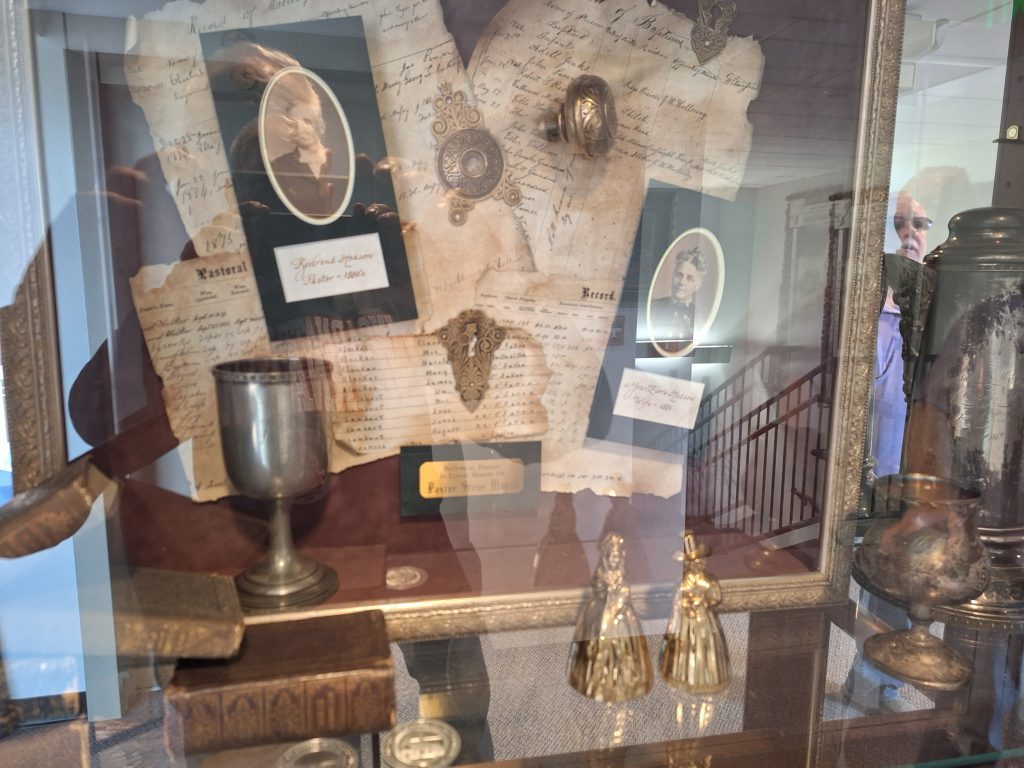
They say the number one thing now on dating sites is being spiritual but not religious. This means they understand they have a spiritual aspect and a desire to be in contact with a higher power or whatever. However, they don’t participate in a religious group or community.
We feel that to truly fulfill that and have a healthy relationship with God, you need that connection with the community as well. Therefore, the church plays a role, even though no one knows better than a pastor how a church can hurt people, create toxic relationships, and cause problems and issues.
God has gotten me through
I’ve dealt with a whole lot of those over the years, and yet I feel like my disappointment has been in the church at times, but not in God. God has gotten me through that. A large part of what I do is also trying to keep this community healthy. Sometimes you protect it from the outside, and sometimes you protect it from people on the inside. Not often, not from bad intentions, but from their own mental illness or emotional struggles or history, they do harmful things to other people.
Bruce:
You mentioned something about the history of the church here, particularly about the connection with the Revolutionary War. That sounds very interesting.
Pastor Ken:
We’re pretty sure this is the oldest Methodist church in Illinois. It dates back to 1807. Behind it, there’s a ravine that is part of our property and part of the city’s. There are three springs located back there. Originally, this area was known as Three Springs, and it served as a community gathering place. During the late 1700s and early 1800s, when the frontier was still present, people from all over would come here for the community, the preaching, and the overall experience of revivals.
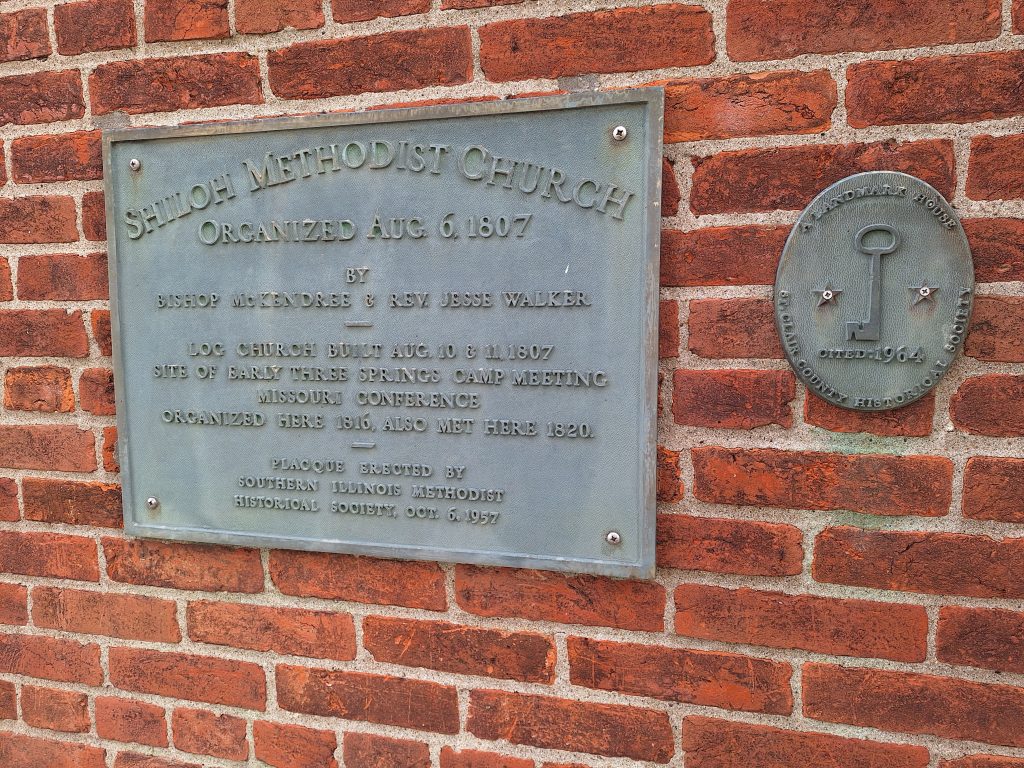
And this church was founded by, I think we’ve got six different cenotaphs over there for Revolutionary War veterans who came out with George Rogers Clark, in 1780, helped take this from the British right before the end of the Revolutionary War, and then loved the area and often came back with their families later and settled.
Oglethorpe was one of the big names. He was a colonel in the revolution, and a couple of the others helped form this church. In those days, the laypeople would form a Methodist community. They would start with a class and then they’d form a church.
Bishop William McKendree
The traveling minister would then come around and do the baptisms, communion, and confirm things. So, the circuit-riding minister, when they formed in 1807, was McKendree, William McKendree, who later became bishop, whom McKendree University is named after.
He was the first Western bishop of the Methodist Church. But he formed them into a community and started in a log cabin. I guess it basically fell apart. They built another log cabin, but it eventually burned down. And then they built this building we’re in now in 1875, and we’ve had a little bit of work done. We’ve had it inspected.
They said it’ll outlast the 2005 extensions, our modern part, because it’s just built as solid as can be. And this area where we are in the fellowship, and upstairs is the chapel or kind of the worship sanctuary, if you will. The church predates the town by at least 50 years.
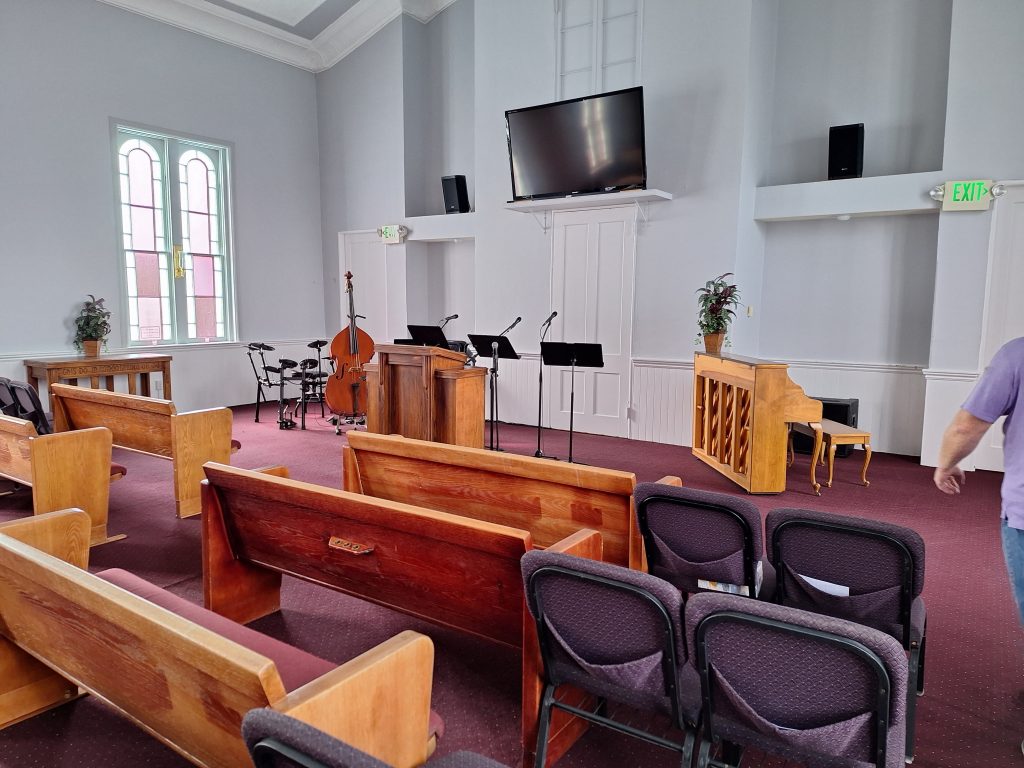
This was a tiny little community. It’s a village and doesn’t even have a post office, so you’re either O’Fallon post office or Belleville. And it started taking off in the 90s as the city, the suburbs came out this way. The church started taking off.
Then they were about to close it down. The conference, the Methodist Higher leadership, had decided to close it down. And St. Matthew church said we’ll send somebody over here. We’ve got an associate minister, Steve Moore, and it kind of took off under his leadership. And then his successor grew bigger, then had some ups and downs. Steve Moore was a very dedicated person. He was a Vietnam veteran and probably had undiagnosed PTSD. And so, he was in the hospital for depression and ended up taking his own life, which shocked the church tremendously.
Times of change
Then he was succeeded by somebody that got into financial trouble regarding the church, which had an even bigger and of course, at that point, this church was averaging 500, or 600 people a week. And they were building on the new part and all that.
Well, lost a lot of folks with that. The two new churches that are over on what is it? Lebanon and going towards Shiloh. I’m drawing a blank on the name of the road there. Green Mount oh, Green Mount crossing. They were not here, and then they came later.
And so, we’ve got a lot of folks who went over there, went to the various Methodist churches, eventually to Christ Church, and so on. We’ve been in a rebuilding phase, but the church has a lot of life in it, a lot of vitality. We recently voted to leave the United Methodist Church, which has had over 6500 churches leave in the last year.
There has been a lot of national controversy and bad press, unfortunately, making it hard to reach out to people in our own local area. I would say there have been bad leadership decisions.
And so, we’re in the process of basically creating our own bylaws. We will be an Independent Wesleyan Church and may identify with another group at some point, but we haven’t reached that point yet.
Bruce:
That sounds like quite a task.
Pastor Ken:
We’ve got a lot going on right now, and people are upset. Some are kind of pulling back, others are very involved. It’s just, again, all those relationships and personalities coming together.
Bruce:
That leads to the next question. What’s the best part of what you’re doing, and of course, what’s the most challenging part?
Pastor Ken:
As I mentioned earlier, I really like teaching and preaching. I love giving people hope and delivering relevant messages that connect them with the Scripture. I believe there is a lot of power in God’s Word, and I feel very alive when I proclaim it. I enjoy preparing for my teachings and I am comfortable teaching at any level, whether it’s a small group or a larger one. However, my struggle lies mostly in administrative tasks. It’s just not as exciting, and I’m not the most organized person, as you can tell from my office sometimes.
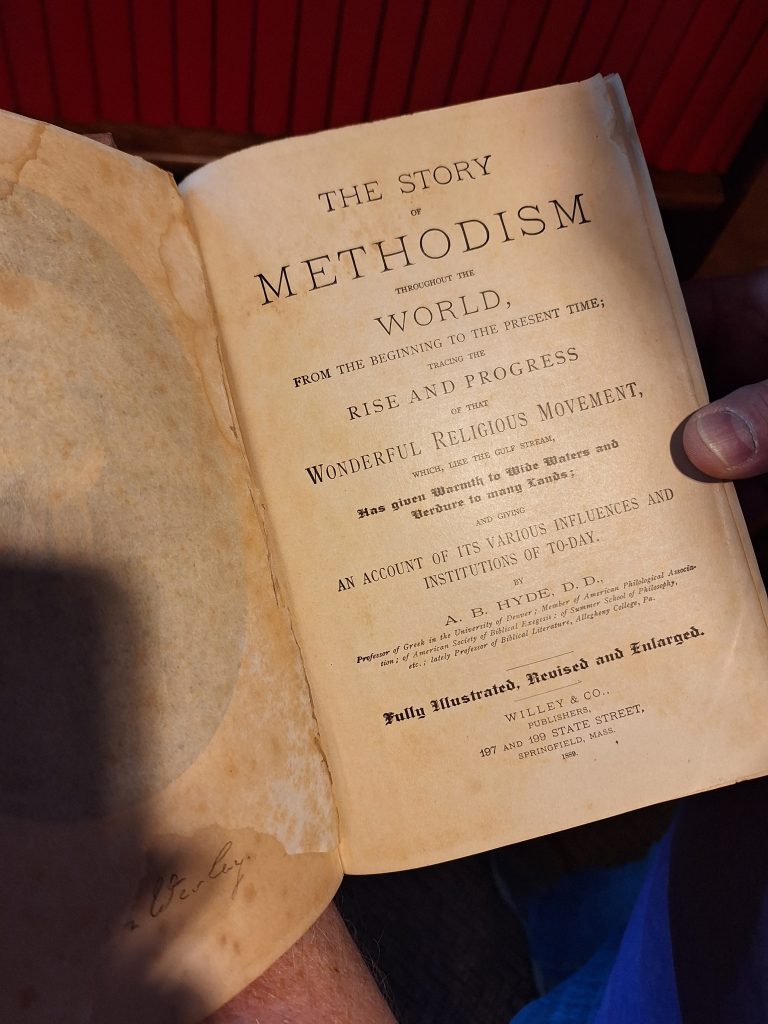
Oh, you’re so organized
Well, that’s what cracks me up when people say, “Oh, you’re so organized!” And I’m thinking, “Oh my, what level are you at?” When it comes to that, the stressful part often lies in working in people’s lives. You don’t see the change that you’re sometimes making, or you don’t see the lack of change until something shows it. It’s always a challenge to do that, and it’s a positive challenge in many ways, but sometimes it’s also very stressful.
Bruce:
Right now, you’ve talked a lot about the community and things that you’re doing there. You’ve mentioned a little bit about the challenges of what you’re going through and you’re changing from the national organization part of it. Is there more that you can see? How do you see all of that involving this area?
Pastor Ken:
Okay, yeah. Well, one big part of our decision was that the congregation voted like 94% to disaffiliate. There were a number of reasons for this decision, but a large part of it was the realization that ministry happens in the local place. They say that all politics are local, and this is true in a sense.
The constant arguing about several issues on a national level was making it hard for us to reach people locally. We host the Mothers of Preschoolers group for Scott Air Force Base, and we get a lot of Air Force people coming in and out.
Community-based
We have a preschool, and we have a lot of kids now. I mean, we’ll have like 30 kids out of 140-150 people in worship. We have many opportunities. I mean, several thousand cars go by the front of our church every day, going back and forth to Scott. We have many retired military folks settled in this area, along with local people.
We have a long history and a lot of really good spirit about the church, a very welcoming spirit, and a willingness to embrace new people and new directions. We felt like, in order for us to live up to our calling, which is to proclaim the gospel, offer people hope, transform lives with the power of God, and be a kind of community of that, we need to make changes.
People help each other through the journey, which is difficult in life, as we all know that our best opportunity was to be our own group so that we don’t have to deal with the bad press that we have nothing to do with. We have very talented leaders. We felt like we could make our own decisions very well, and we felt like it would give us an opportunity to continue playing a vital role in this community.
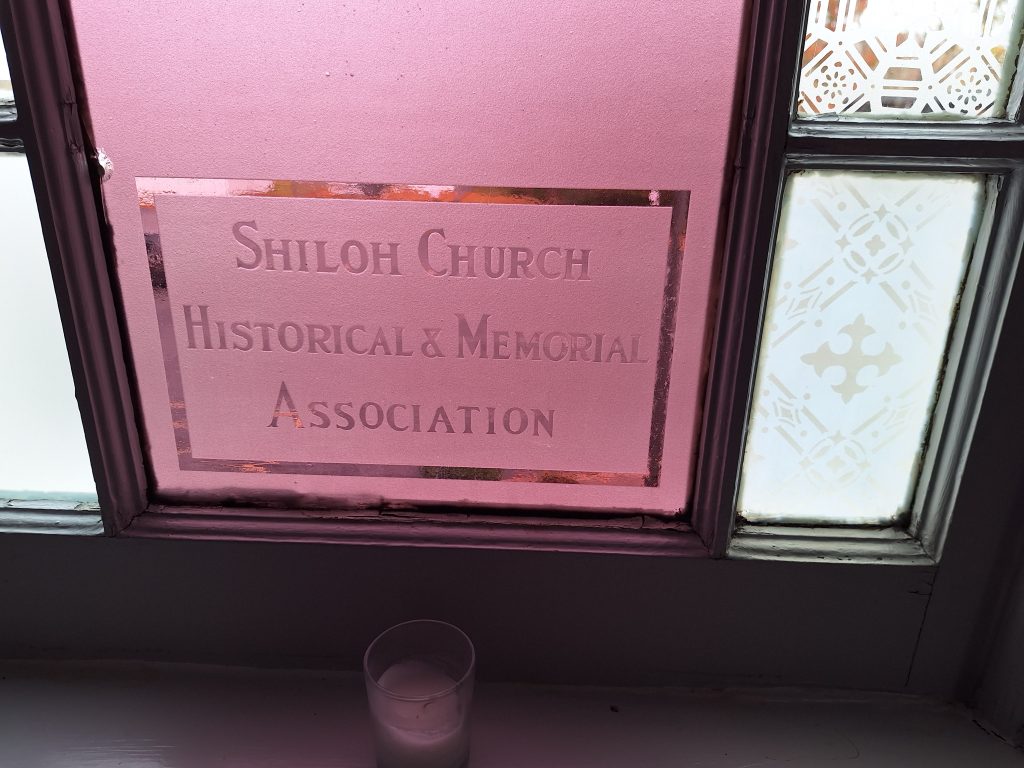
So a lot of it was focused on the fact that we need to go local. Nationally, people don’t identify with denominations like they used to, and all the major denominations are declining. The independent nondenominational churches are growing, especially among the younger generation, but even my generation doesn’t have that loyalty to a denomination on average, like a lot of the generation before I did. It’s a parallel that you don’t see loyalty to a certain business. People change careers several times.
I mean, there’s just that sense of flux, yet a need for stability and anchors in places. So, this is a church that has a long history but constantly reinvents itself too. And I think this is just the next stage in that.
Bruce:
That’s interesting. The next question I’d like to ask is how do you envision yourself communicating with the younger generation, particularly those university students you mentioned? How do you think their faith will develop as they transition from high school to college and begin to experience life? How do you see their faith evolving?
Pastor Ken:
It’s a challenge, and the reality I’m looking at is that I’m 61. I kind of play the father/grandfather figure in some ways. I have people on my staff who are younger than my kids, like thirty, and they’re the ones who really have to make an impact on these people. We have that happening.
I mean, we have a parenting group going on right now that one of our young staff members is leading, and there’s a hunger for them to get that basis upon God’s word, to be in connection with God and the people of God, and a willingness to learn from earlier generations.
Gradual process
But it’s a very gradual process, and it’s exciting to see people going from “yeah, I don’t need church, it’s irrelevant,” which kind of floats around our society a lot, to understanding and experiencing what it means to be in a community that helps you raise your kids, that helps guide your life, that gives you that sense of stability and connection and love and belonging, and even the intergenerational aspects of that.
We had our fall trunk retreat where we lined up cars and backed them in, and the kids were singing. We had like 750 kids come through or people come through yesterday for that, making that connection.
It often happens not in those still in college, but rather during the time period when they have kids. They start realizing, “Hey, I’ve got to be responsible for these kids, and there’s a whole lot that goes into it.” That’s when we tend to see people reconnecting with the church. Each generation has a different way of learning and understanding.
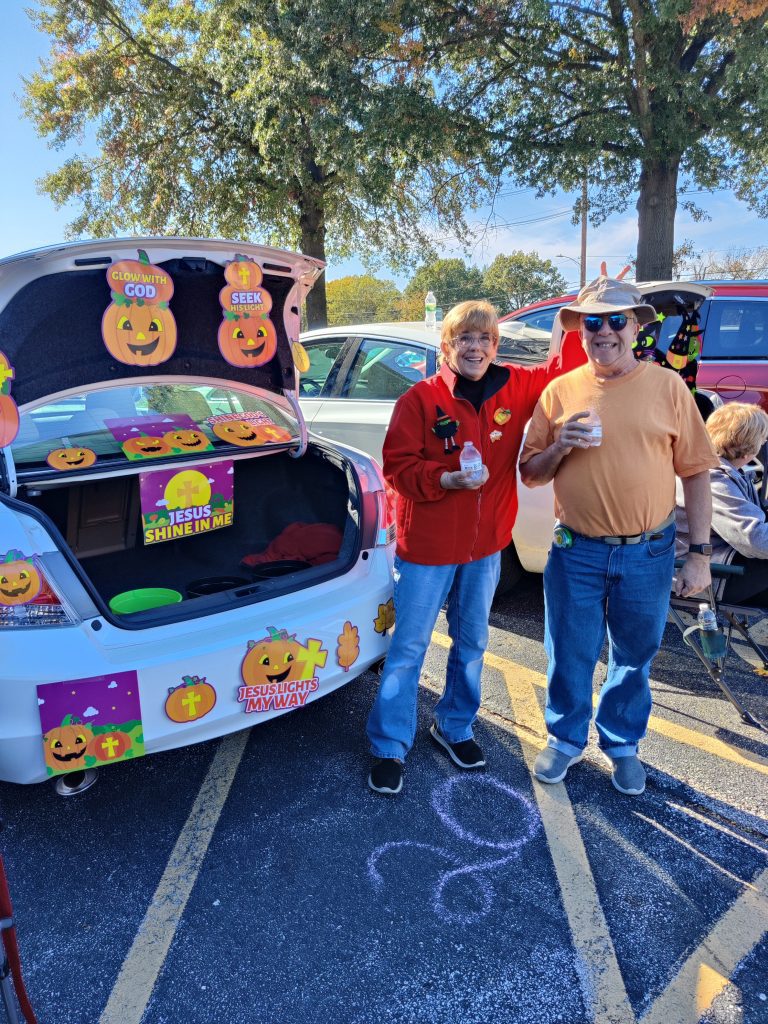
I would say the last thing along those lines is that the younger folks, the current generation, often connect in service and activity more than in word and study. We can’t get them to sign up for an ongoing study. We can only get them if it’s six weeks, eight weeks, and a topic that they’re interested in. So, it’s a challenge.
Bruce:
Yes. I know you’ve talked a lot about the church and how you serve the community. When you get some time off, what do you like to do?
Pastor Ken:
I have too many hobbies for the amount of time I’ve got. I like dancing. I went through the experience when my kids were young, went through a divorce, and ended up getting custody of my kids, so I was a single parent. I remarried a couple of years later. She was a wonderful lady. We had a great relationship and was very involved in my church.
Then she passed away from cancer in 2006. So, it was a two-year struggle before that. Diagnosed stage four colon before we even knew about it, basically. And about a year after that, I started doing ballroom dancing.
A way to meet people
It’s just a way to meet people because you can’t really go out with people in your own congregation. When I came down to this area in 2016, I kept the ballroom going and got very active with it. Down here, there’s more of an imperial swing. They call it a slightly different dance style. I learned a little bit of it, but it’s slightly different. So I got involved in that starting in 2016.
I usually dance at least once a week, sometimes as much as three times. It’s nice to have that community that’s not my church, and yet people figure out pretty quickly that I’m a pastor. So I still get the can I talk to you about this problem, but also a lot of relationships that are kind of outside that. I like to travel.
For my mission trip to Hungary, I usually there and afterwards extend travel to some other locations. I’ve been to Europe a lot and have become comfortable going alone or planning my own trips. My daughter is also a frequent traveler. Her family spent a month or two months in Costa Rica last year, and I visited them for about ten days. Of course, my grandson, who will be six in about a week and a half, was with them.
And I tend to go places that they go just to say hey and spend a little time with them. I like history a lot, and that’s often connected to my travel. Even now I go down Fort Des Chartres or Cahokia or Lewis and Clark places, things like that. I really do stay busy, and as I get closer to retirement, I want to spend a little longer on trips. And although it’s hard to imagine giving up some of the work stuff that I do, I think I’ll probably find ways to do that at least part-time.
Bruce:
Very interesting. Now, how long is your mission trip normally? Hungry?
Pastor Ken:
We go to Budapest. I’ve done this, I did the Czech Republic before that, but since like 2009 with Budapest, I’ve taken a small group. We leave on a Thursday. We worship with the community at the church. They are our partner church. And then we spend the week teaching conversational English at a high school, usually freshmen and sophomore students. And it’s a school that they administer.
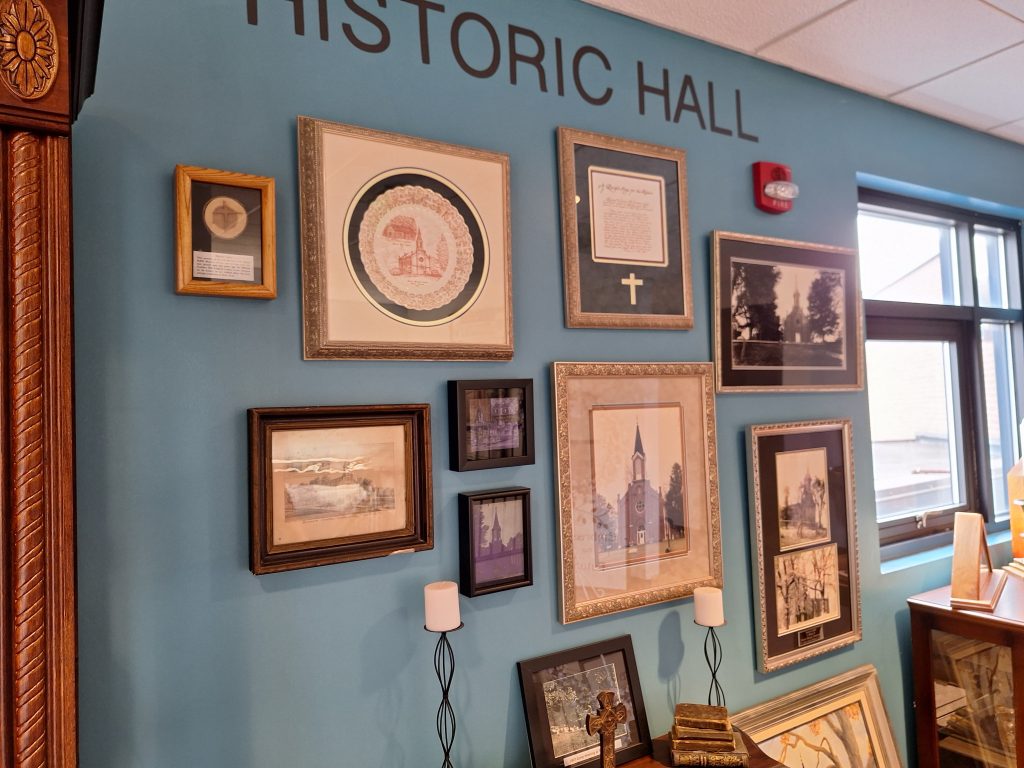
This is the second one that we’ve dealt with, and then we finish up on Friday with a little graduation ceremony. After that, on Saturday, we usually scatter somewhere else. In Europe, people sometimes come back, so it’s about eight or nine days with that. I usually try to take at least another week and travel someplace.
Travel in Europe
So, I’ve had the opportunity to go to, I think, probably 30 countries in Europe. I’ve pretty much been everywhere up to that very eastern part of Russia and some of the former Yugoslav republics. I’ve had nice opportunities to connect with a lot of places. I’ve also done a little bit of mission work in Bulgaria, Romania, the Czech Republic, and Hungary.
Bruce:
I have one more question, and it’s an interesting one. You said you’re Methodist, even though you’re pulling away from the national organization. How do you work with other religious groups in the area? Do you have any association with local faith groups?
Pastor Ken:
And it’s kind of a Methodist tradition, going back to John Wesley, the founder, to cooperate with other groups and not feel like you’ve got the only show in town or the only way to get to heaven. We’ve always encouraged the existence of a Ministerial group, which is basically an O’Fallon-Shiloh group, like many of them are, but it does pull in a few folks from Belleville and elsewhere.
We meet quarterly, and we usually either have lunch or breakfast. The next meeting, actually in November, is going to be hosted here on November 14. Don Andreessen, the guy over at the O’Fallon Assembly of God, puts it together and keeps us focused. It’s just a nice fellowship.
We have a joint Thanksgiving service every year, on the Tuesday before Thanksgiving, and they rotate at different churches. I have some groups within the Methodist that would meet together. Scott Air Force Base occasionally hosts the local ministers, and the chaplains there, and they also participate in this other group I talked about.
It’s about making connections
You know, we’re talking about making connections with some of the other Methodist churches that have pulled out of the conference just to keep those larger connections going. As a church, we also do a lot of work with local charity-type things. We collect stuff for a group called the Midwest Mission Distribution Center that’s south of Springfield.
They do disaster relief work in the US and internationally, and they serve as a clearinghouse for that. They work with a lot of different groups. We have a little trailer out here that we weren’t using, so somebody had given it to us, and we put their logo on it. We collect things.
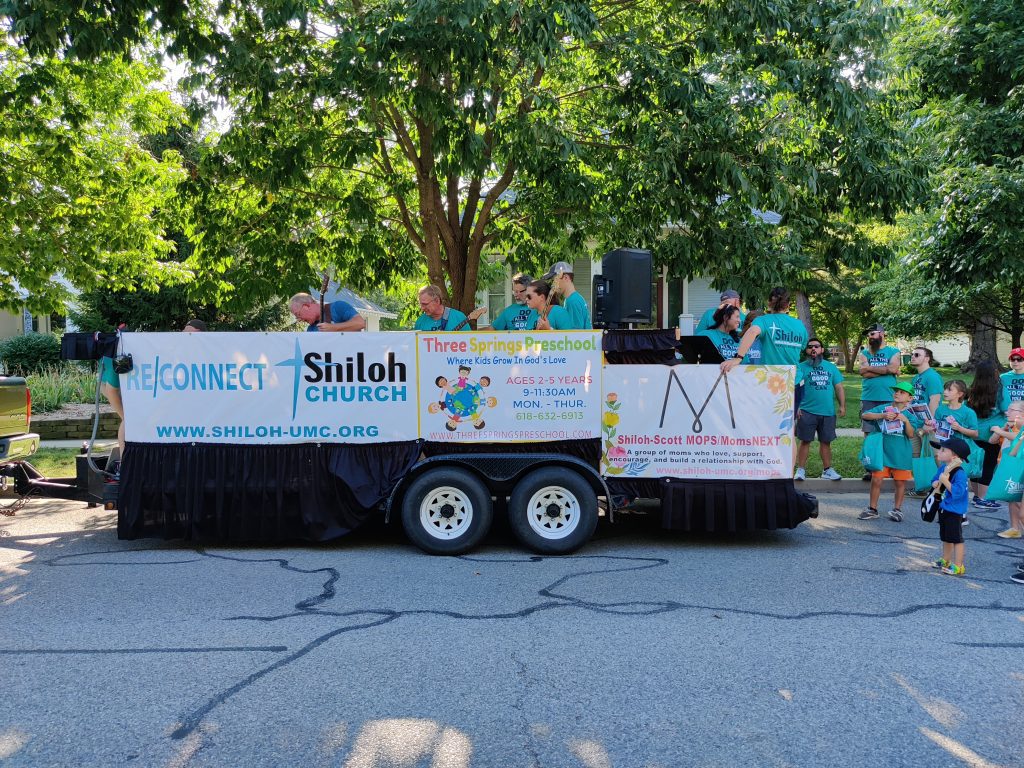
We take them to Springfield every once in a while and unload them there. We send mission groups that go and work for the day, then come back. Our youth have been involved in national mission trips. We make a lot of attempts to stay connected with the bigger body, and we are very open-minded about who we work with.
Our minister’s group not only has evangelical, independent Protestant denominations, but even some Roman Catholics participate in it, which is kind of rare for groups to bridge both. Then, of course, when we go to the base, it’s the same situation. It’s an interdenominational group that draws in people from all different traditions.
Bruce:
Well, that’s very good. Well, that covers most of the questions I have. Do you have anything you want to wrap up with?
Pastor Ken:
Well, I will say the chamber has been a great connection for us, too. They asked me to start being an ambassador just three or four months ago. I don’t know if there are other churches. I haven’t run into any other ministers as part of it except the associate minister over at, I believe it’s called the Covenant Church. But anyway, it’s been a great connection for us to interact with the businesses.
I’ve also done that through Rotary at times and kind of connection. But in this area, the chamber has been even better than Rotary at doing so, and they’ve always been very welcoming and such, and that’s been nice, too. Meet folks like you. I can’t think of anything else.
**Biggest Takeaway**
The biggest takeaway from Pastor Ken’s remarkable journey is this: In a world that often feels fractured, finding purpose and community remains an enduring pursuit. His story of faith, service, and bridging divides reminds us that, despite our differences, we all share a common need for hope and connection. Pastor Ken’s dedication to his calling is a shining example of the power of faith and the impact one person can have in transforming lives. It’s a reminder that, in the tapestry of life, we all play a crucial role in weaving a stronger, more connected community.
I want to thank Pastor Ken for a wonderful interview and his honest sharing. We hope you are enjoying these articles and are willing to continue to follow along as we share our adventures of learning about life in southern Illinois, This is an exciting area and we are so happy to be part of this area. Our lives are being fulfilled by the people we are meeting. Bruce & Karen.
More photos
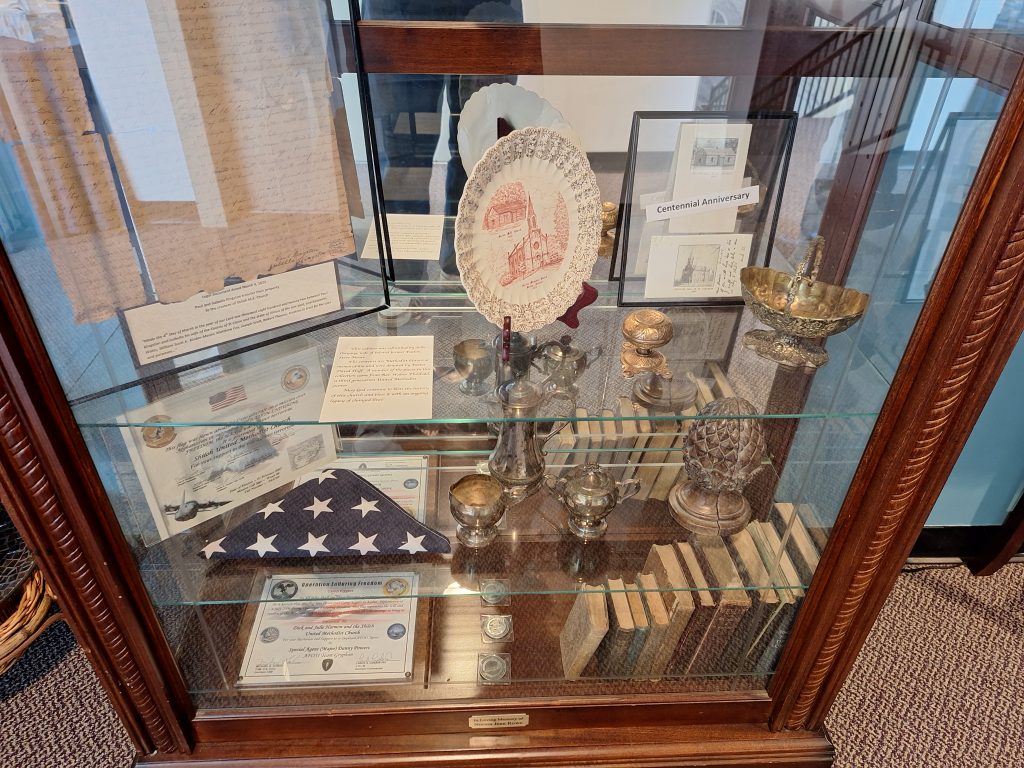
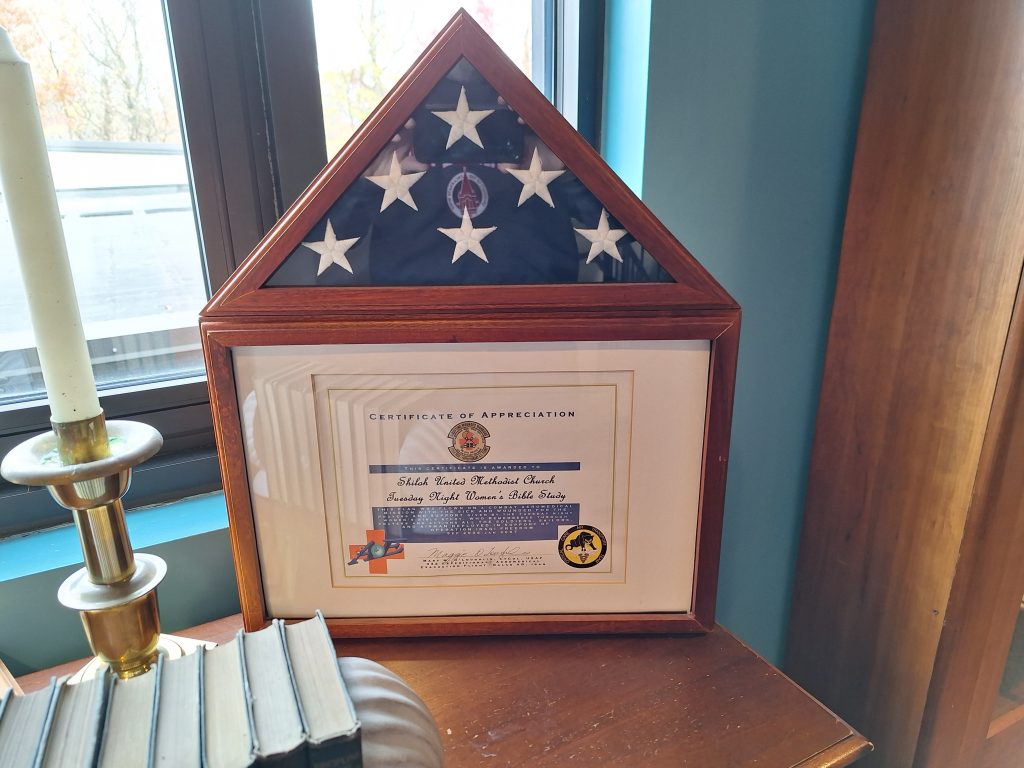
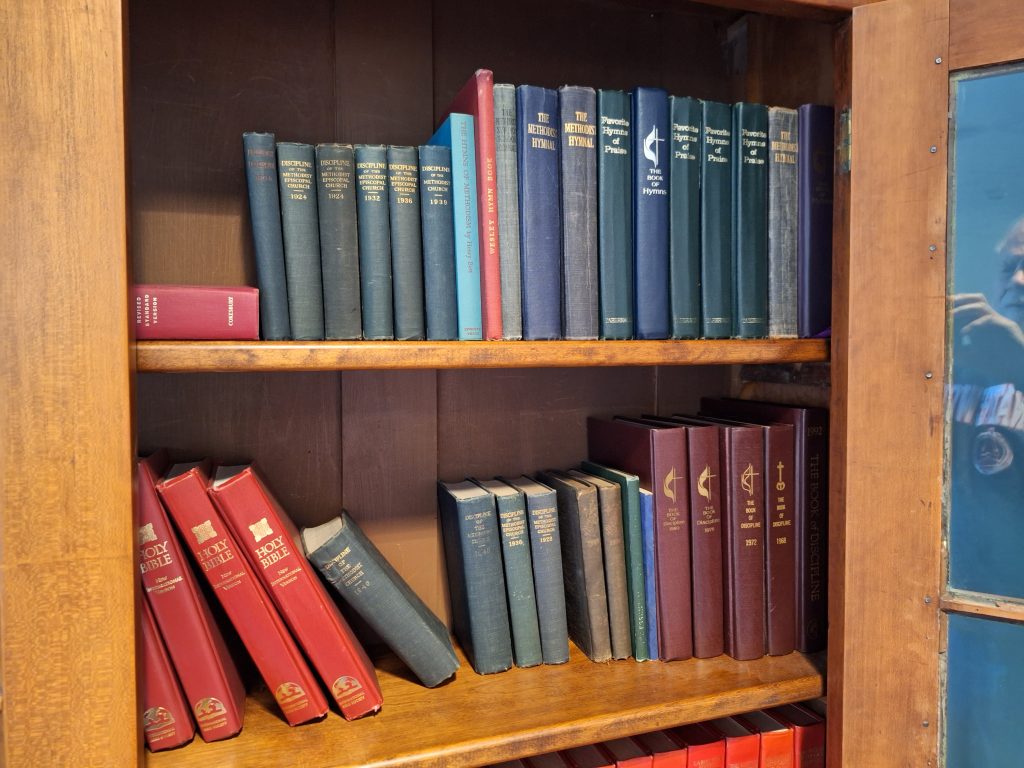
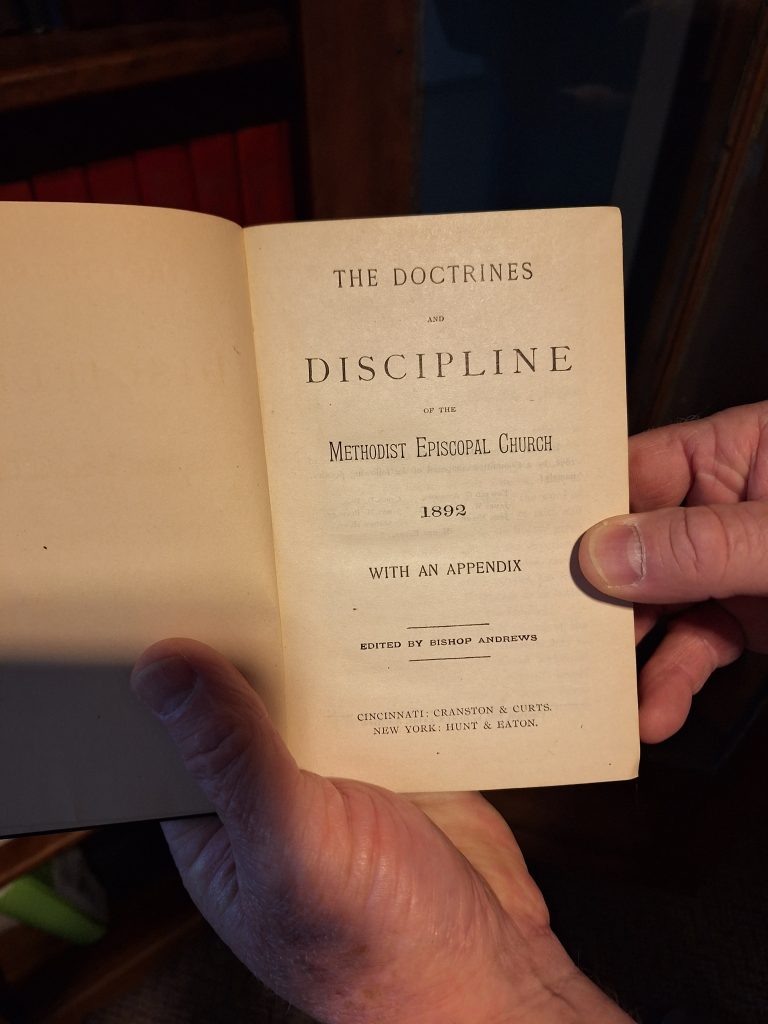
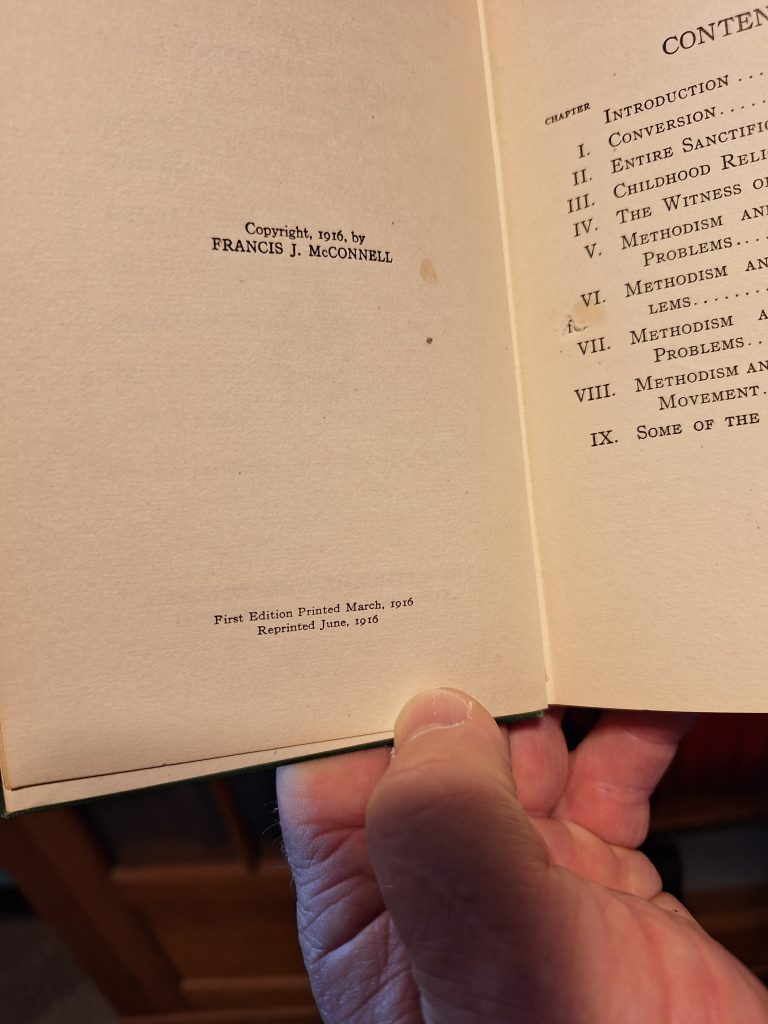
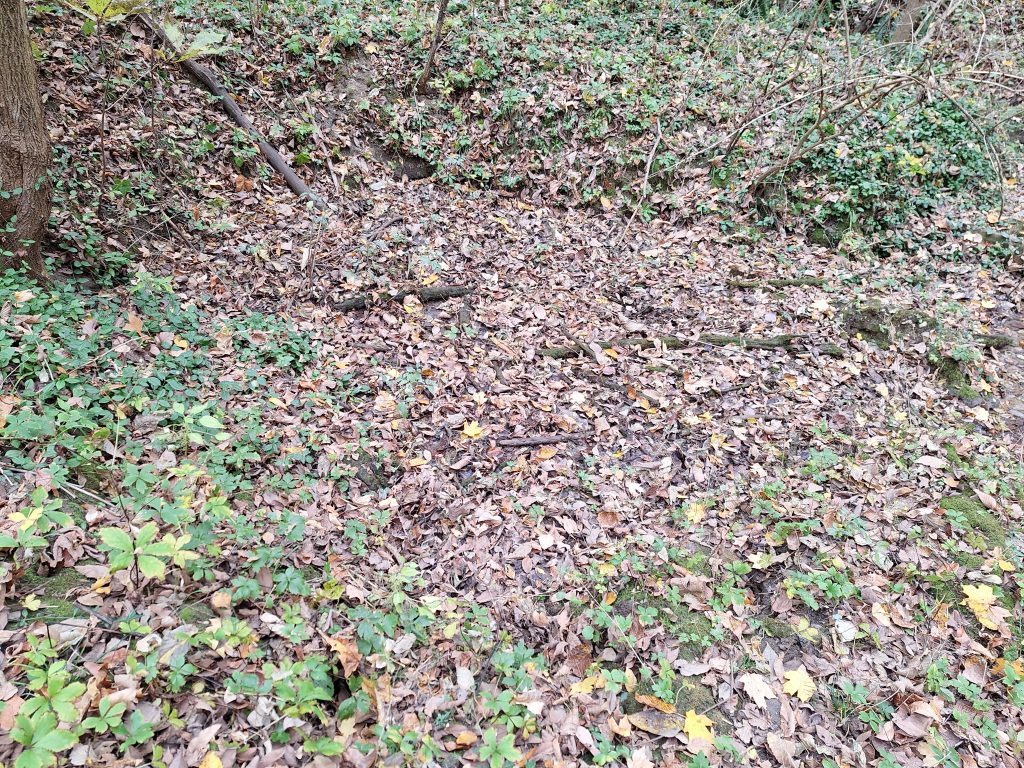
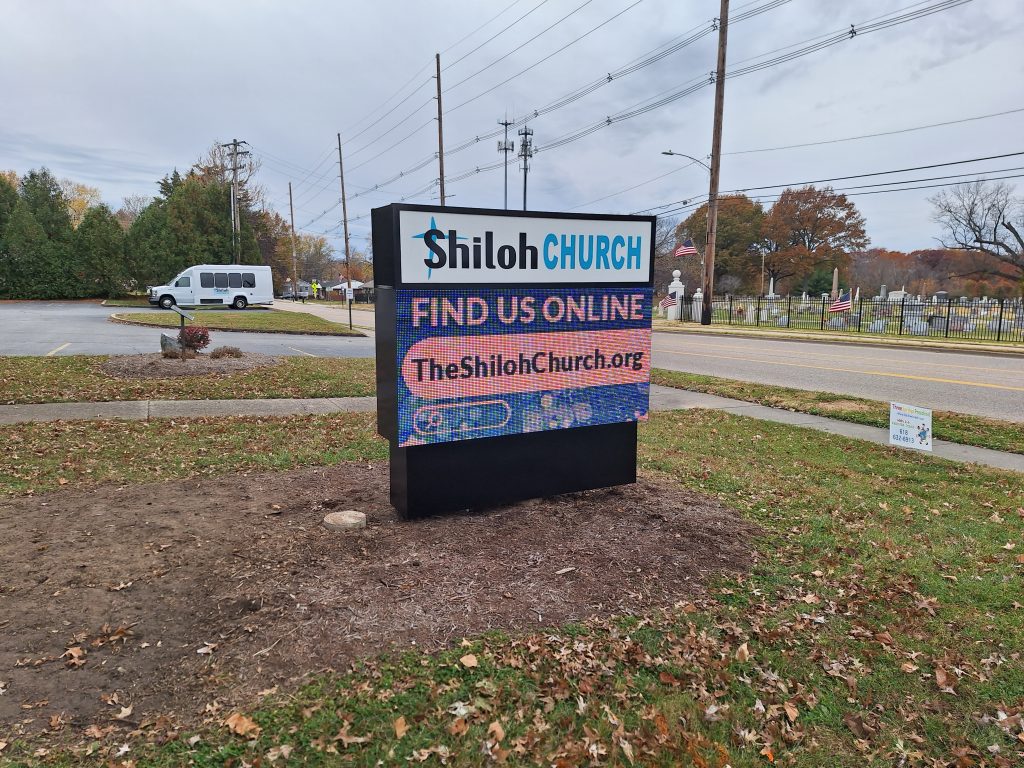
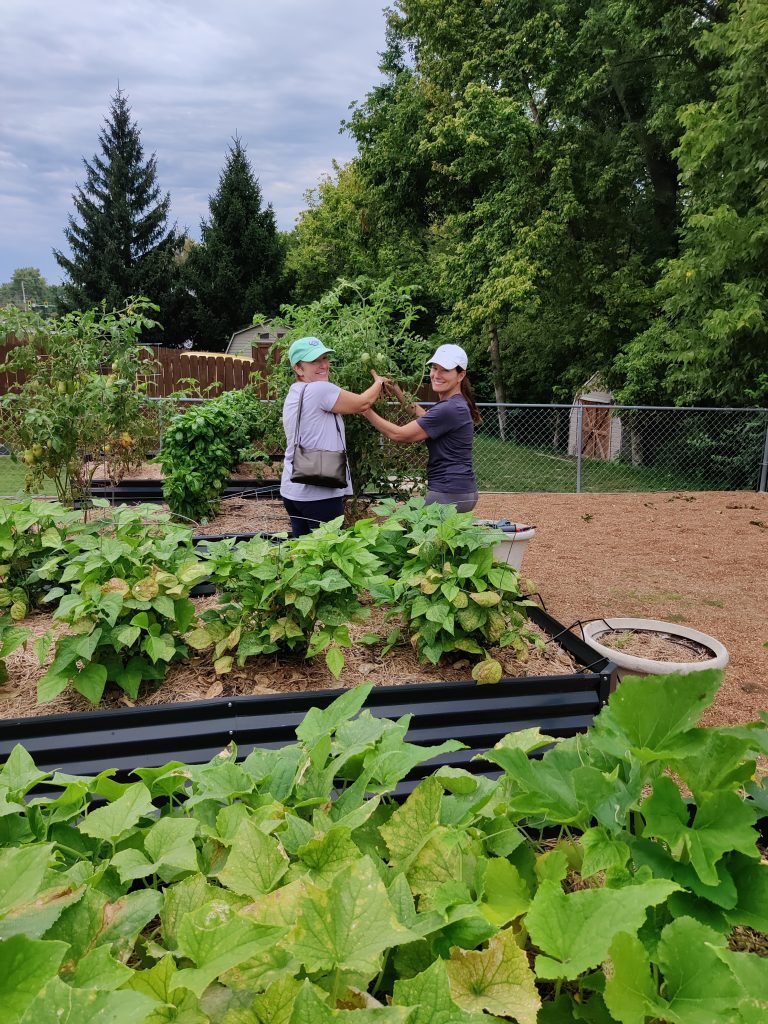
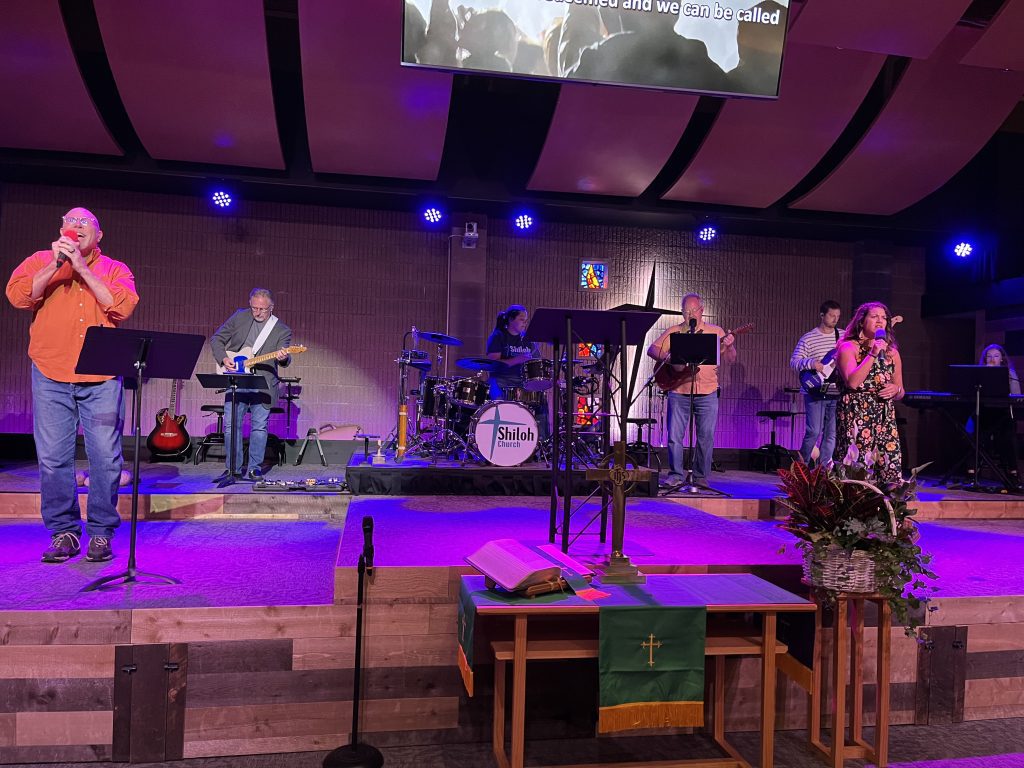
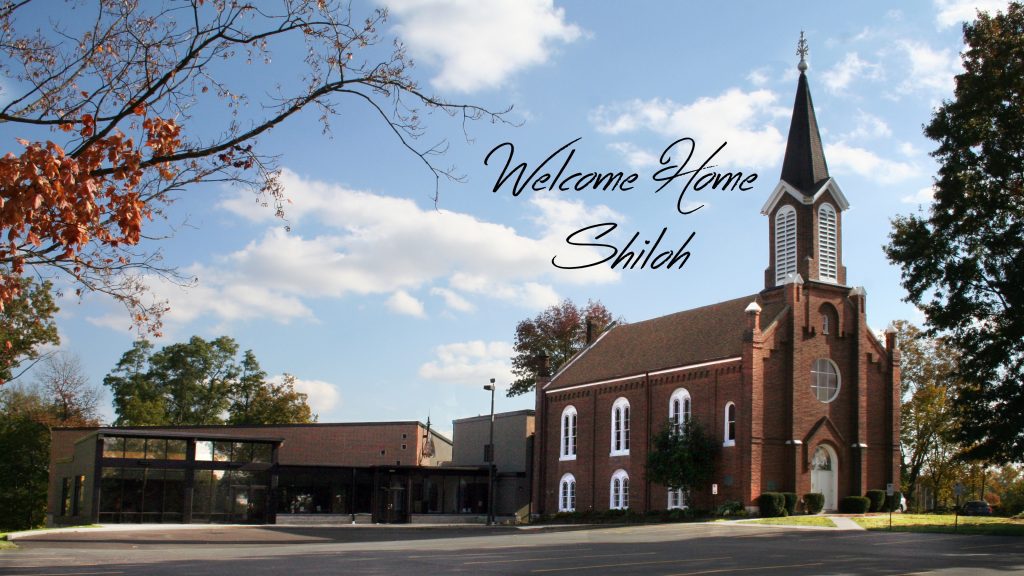
We’re Bruce and Karen Carlson. We recently moved to the Metro East area of Illinois. This area is east of St. Louis from the Mississippi River north to Alton, east to Carlyle, back south to Waterloo and the Mississippi River, finally north to Columbia. The center is Fairview Heights, Swansea, Belleville, Shiloh, and O'Fallon. Not to be forgotten is Southern Illinois University (SIU) in Edwardsville. It’s a whole new world out there. Our goal with this website is to share our exploration of the Metro East area. As we find businesses and services we use in our daily lives, we’ll share how these businesses and services have helped make our lives better and easier to live.
We’re calling our move to the Metro East area retirement, but we’re not quite sure what that means. By sharing our story with you, we hope you too will gain a better sense of what the Metro East area has to offer and how their businesses and services can improve your lives and build a better community.

